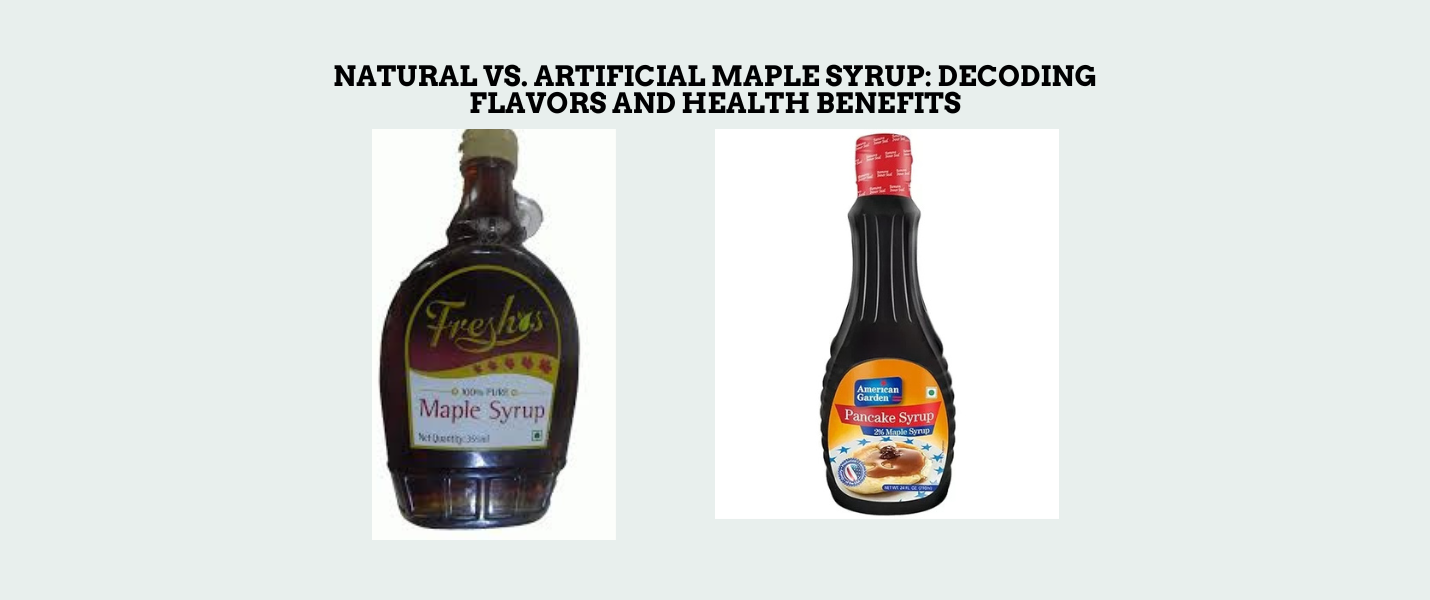

Natural vs. Artificial Maple Syrup: Decoding Flavors and Health Benefits
Maple syrup has been a beloved part of breakfasts for generations. Its origins are traced back to Indigenous communities in North America, who first discovered the process of collecting and boiling maple sap into a sweet, thick syrup. Over time, this craft grew into a significant industry, especially in regions like Canada and the northeastern United States. Today, maple syrup is synonymous with pancakes, waffles, and other culinary delights.
However, a new contender has entered the breakfast scene over the past few decades: artificial maple-flavored syrups. These typically cheaper and widely available syrups have become a go-to for many households. But how do these two types of syrups compare in terms of flavor, health benefits, and overall value? Let’s dig deeper.
Production Process
A. How Natural Maple Syrup Is Made
Natural maple syrup starts with tapping sugar maple trees during late winter and early spring. Small holes are drilled into the tree trunks, and spouts are inserted to collect the sap, which flows out slowly. This clear sap contains about 2% sugar, so it needs to be boiled extensively to remove water and concentrate the sugars. The boiling process caramelizes the sugars, resulting in the deep, rich flavor that natural maple syrup is known for. It’s an intricate, time-consuming process that showcases craftsmanship.
B. Manufacturing of Artificial Maple Syrup
Artificial maple syrup is made quite differently. It typically starts with a base of high-fructose corn syrup or regular corn syrup. To mimic the taste and color of real maple syrup, artificial flavorings, colorants, and preservatives are added. This mixture is heated and mixed in large industrial vats. While efficient and cost-effective, this process lacks the artisanal quality of making natural maple syrup.
Ingredient Comparison
A. Pure Maple Syrup Components
Pure maple syrup is straightforward—it’s just concentrated maple sap. This simplicity means it’s free from additives and full of natural sugars, along with small amounts of beneficial minerals like manganese, zinc, and calcium. This purity makes it a popular choice for those who prefer natural foods.
B. Common Ingredients in Artificial Syrups
Artificial syrups are typically made with corn syrup or high-fructose corn syrup as their main ingredient, followed by artificial flavorings (e.g., vanillin) to simulate maple flavor. Caramel coloring gives it that familiar amber hue, and preservatives ensure a long shelf life. This combination results in a product that’s sweet but not as natural or nutrient-rich as pure maple syrup.
Nutritional Profile
A. Natural Maple Syrup Nutrients
Natural maple syrup has some nutritional perks. A tablespoon contains around 52 calories and 12 grams of sugar, but it also has trace amounts of antioxidants and minerals like manganese, which play a role in bone health and metabolism. Its natural sugars are less processed compared to refined sweeteners, making it a slightly better option for those watching what they consume.
B. Nutritional Value of Artificial Syrups
Artificial syrups have similar calorie counts (around 50-60 per tablespoon) but don’t offer much in terms of nutritional value. They’re mainly composed of highly processed sugars and lack the antioxidants and minerals found in real maple syrup. This makes them a less beneficial choice nutritionally, especially if used regularly.
Flavor Analysis
A. Complexity of Natural Maple Flavor
The taste of natural maple syrup is layered and complex. Depending on the grade, the flavor can range from light and delicate to deep and robust. This complexity is prized by chefs and food enthusiasts alike because it adds a distinctive touch to both sweet and savory dishes.
B. Taste Characteristics of Artificial Syrups
Artificial syrups are designed to be sweet and appealing but lack the nuanced flavors of natural maple syrup. The taste is often one-note, dominated by the strong sweetness of corn syrup and artificial maple flavor. It works for basic uses but doesn’t provide the same rich experience as the real thing.
Maple Syrup by Chefspoint
Maple Syrup Pure / Freshos / 355ml
Freshos Pure Maple Syrup, 355ml, brings a rich and authentic taste that’s perfect for both sweet and savory dishes. Made from pure maple sap, this bottle is a great addition for any home cook looking for a natural sweetener. Whether you’re topping pancakes, making desserts, or experimenting with creative recipes, Freshos delivers quality and flavor that enhance your dishes.
Maple Syrup / American Garden / 710ml
American Garden Maple Syrup, in its large 710ml bottle, offers both quality and value—ideal for families. With its smooth texture and genuine sweetness, it’s a versatile choice for breakfast favorites and a variety of recipes. This trusted brand provides a consistent flavor that pairs well with everything from waffles to baked treats.
Culinary Applications
A. Best Uses for Natural Maple Syrup
Natural maple syrup is incredibly versatile. It’s perfect as a topping for pancakes, waffles, and French toast but can also elevate dishes like roasted vegetables, glazes for meat, and even desserts. It’s a popular choice for adding a natural, sweet complexity to recipes.
B. Suitable Recipes for Artificial Syrups
Artificial maple syrup is most commonly used as a straightforward pancake or waffle topping. It’s also used in baking recipes where the subtle flavor differences wouldn’t be as noticeable. For families on a budget, it’s an accessible option for everyday use.
Cost Comparison
A. Price per Ounce of Natural Maple Syrup
One of the biggest drawbacks of natural maple syrup is its price. Depending on the grade and where it’s sourced, it can range from $0.50 to over $1.00 per ounce. The higher cost reflects the labor-intensive production process and limited supply.
B. Affordability of Artificial Alternatives
Artificial syrups are much cheaper, often priced at $0.10 to $0.20 per ounce. This affordability makes them appealing for households that use syrup frequently or for those who prioritize cost over quality.
Environmental Impact
A. Sustainability of Maple Syrup Production
Maple syrup production can be environmentally friendly when done responsibly. Tapping trees doesn’t harm their growth, and the trees continue to contribute to healthy forest ecosystems by sequestering carbon. Many producers take measures to protect these ecosystems, making natural maple syrup a more sustainable option.
B. Environmental Concerns with Artificial Syrup Manufacturing
The production of artificial syrups relies heavily on industrial agriculture, particularly corn, which can contribute to environmental issues like soil degradation and increased greenhouse gas emissions. Additionally, the use of plastic packaging for these syrups adds to environmental concerns.
Comparative Table: Natural Maple Syrup vs. Artificial Maple Syrup
| Aspect | Natural Maple Syrup | Artificial Maple Syrup |
|---|---|---|
| Pros | Rich, complex flavor Environmentally sustainable when produced responsibly |
More affordable and accessible Long shelf life |
| Cons | Higher cost Seasonal and may not be as readily available |
Simple, less nuanced flavor Lacks nutritional benefits |
Conclusion
The choice between natural and artificial maple syrup comes down to personal preference, budget, and health priorities. Natural maple syrup offers a rich, authentic taste and a few nutritional benefits but comes with a higher price tag. Artificial syrup is much more affordable and convenient but lacks the depth of flavor and nutritional value.
Share views on Natural vs. Artificial Maple Syrup: Decoding Flavors and Health Benefits
Please keep your views respectful and not include any anchors, promotional content or obscene words in them. Such comments will be definitely removed and your IP be blocked for future purpose.
Blog Categories
Blog Tags
 13th Oct 2025
13th Oct 2025
 10th Sep 2025
10th Sep 2025
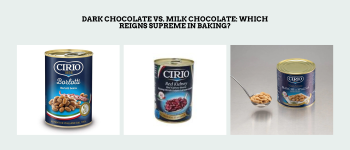 16th Oct 2024
16th Oct 2024
 6th Aug 2025
6th Aug 2025
 10th Sep 2025
10th Sep 2025
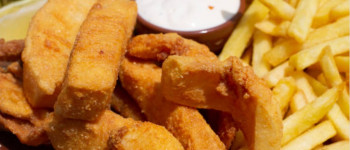 14th May 2024
14th May 2024
 9th Sep 2025
9th Sep 2025
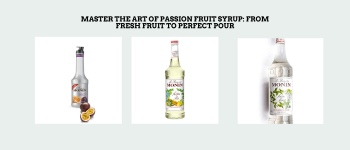 19th Dec 2024
19th Dec 2024
 10th Nov 2025
10th Nov 2025
 10th Nov 2025
10th Nov 2025
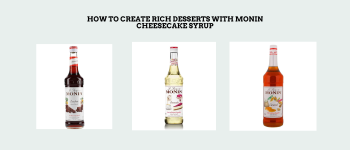 30th Dec 2024
30th Dec 2024
 5th Oct 2025
5th Oct 2025
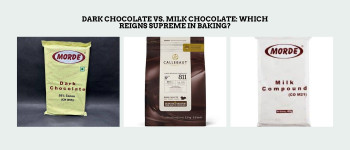 22nd Oct 2024
22nd Oct 2024
 10th Sep 2025
10th Sep 2025
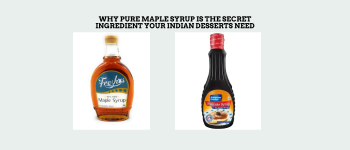 11th Nov 2024
11th Nov 2024
